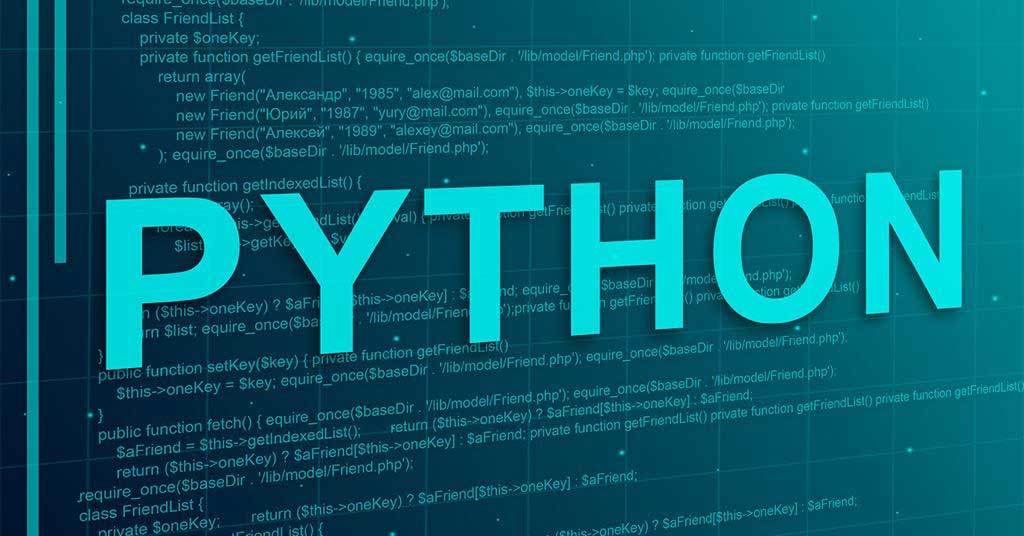Introduction: Python, often referred to as the “Swiss Army Knife” of programming languages, has gained immense popularity over the years. Its versatility, ease of use, and thriving community of developers make it an excellent choice for both beginners and experienced programmers. In this blog post, we’ll explore the world of Python, its key features, and why it’s a language worth mastering. Master Python Programming.
Chapter 1: The Python Advantage
1.1 Readability and Simplicity
Python is renowned for its clean and readable syntax. Its code is easy to understand, which reduces development time and minimizes the chances of errors. Python’s “whitespace” formatting enforces code consistency and readability, making it a top choice for beginners.
1.2 Cross-Platform Compatibility
Python runs on various platforms, including Windows, macOS, and Linux. This cross-platform compatibility ensures that your Python programs work seamlessly across different operating systems, saving you the headache of platform-specific issues.
Chapter 2: Versatility in Applications
2.1 Web Development
Python is a powerhouse for web development. Popular frameworks like Django and Flask empower developers to create robust and scalable web applications. Whether you’re building a simple blog or a complex e-commerce platform, Python has got you covered.
2.2 Data Science and Machine Learning
Python’s libraries such as NumPy, pandas, and scikit-learn have transformed the field of data science. Its simplicity and extensive libraries make it the go-to language for tasks like data analysis, machine learning, and artificial intelligence.
2.3 Automation and Scripting
Python is a perfect choice for automating repetitive tasks. From file manipulation to web scraping and system administration, Python scripts can simplify and streamline various aspects of your workflow.
Chapter 3: Learning Python
3.1 Online Resources
The Python community is incredibly supportive, and numerous online resources are available for learning. Websites like Codecademy, Coursera, and edX offer Python courses suitable for all skill levels.
3.2 Interactive Learning
Interactive Python interpreters and notebooks like Jupyter provide an ideal environment for experimenting and learning. You can write and execute code snippets, making the learning process more engaging.
3.3 Books and Documentation
Python’s official documentation is thorough and beginner-friendly. Additionally, there are numerous books tailored to different learning preferences and levels. Some classics include “Python Crash Course” and “Automate the Boring Stuff with Python.”
Chapter 4: Mastering Python
4.1 Practice, Practice, Practice
Like any skill, mastering Python requires consistent practice. Challenge yourself with coding exercises and personal projects to reinforce your knowledge and build a strong foundation.
4.2 Collaborate and Contribute
Joining open-source projects or collaborating on Python projects with others can help you gain real-world experience and enhance your coding skills. Contributing to Python libraries and frameworks is also a great way to give back to the community.
Conclusion
Python’s versatility and ease of use make it a standout choice for aspiring programmers and seasoned developers alike. Its applications span a wide range of domains, from web development to data science and automation. With an abundance of resources available, learning Python has never been more accessible. So, whether you’re a beginner looking to start your coding journey or an experienced developer seeking a versatile tool, Python is the language to explore. Master Python, and unlock a world of endless possibilities in the realm of programming. Happy coding!
Get Our Python Course : https://valaxy.in/courses/supercharge-your-python-career-master-python-with-our-cutting-edge-programme/


